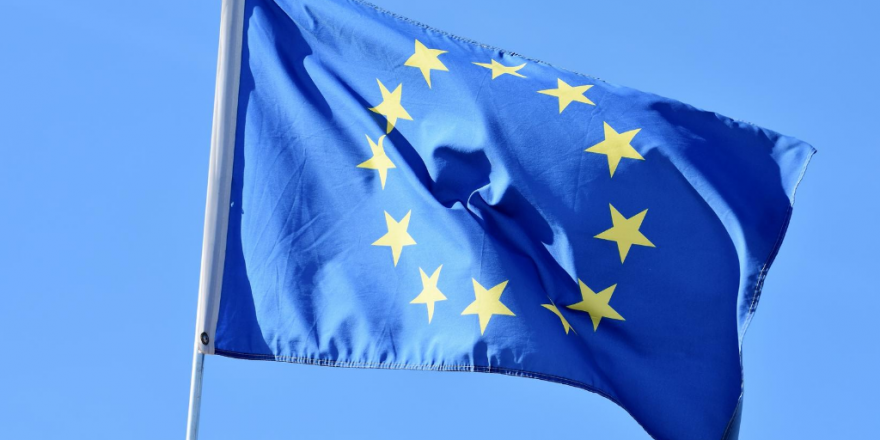Coronavirus has consumed the headlines for the last six months, as it has been the most pressing threat to the survival of businesses across the world. But there is another significant event still looming – Brexit.
While there is so much uncertainty that still surrounds the UK’s exit from the EU, there are certain steps you can take to prepare, which will stand you in a much stronger position to navigate the unexpected.
How will Brexit affect my business?
The honest answer is ‘it depends on your individual situation’, however there are areas that we encourage all business owners to evaluate, even if you think they won’t affect you or the running of your business. As a simple rule, look at everything before you discount its relevance to you rather than assuming it doesn’t apply.
The main areas that business owners will need to look at, and do not solely depend on the outcome of any negotiations or deal, are:
- Your workforce
- Supply chain
- Cashflow
- Importing or exporting goods
- Providing services or operating within the EU
- Tax and VAT
Ensure your workforce is prepared
You need to check if your employees are legally allowed to remain in the UK to live and work if they are from the EU or the European Economic Area (EEA). If they don’t have a valid ‘permanent residence document’ or ‘indefinite leave to remain/enter’ status they will need to apply to continue living in the UK.
To do so, your employees must apply to the EU Settlement Scheme. If successful, they can also then apply for British citizenship. The deadline for applying for this scheme is 31 July 2021.
As a business owner, you will also need to ensure that you’ll have sufficient labour and skills if you employ workers from the EU. Take a look at the Employer Toolkit to help provide clear and accurate information and support to your employees.
Dissect your supply chain
The age-old saying rings true here, a chain is no stronger than its weakest link. Regardless of whether you import or export anything to or from the EU, it is likely that a supplier within your supply chain does. If any part of your supply chain involves working with suppliers within the EU, you may face increased prices due to exchange rate fluctuations, increased lead times for materials due to delays in importing goods to the UK, or demand changes for a specific good, perhaps due to suppliers ceasing or reducing shipments to the UK.
Proactive step: now is the time to really analyse your supply chain to highlight possible pinch points. Supply chain mapping, where you examine the source of all materials or goods within your own chain, will not only help determine where you might face longer lead times or higher prices due to Brexit but is also a great opportunity to ensure that your whole supply chain is as streamlined as possible.
Check you have enough cash in the bank to deal with the unexpected
Brexit and the pandemic have both been catalysts for uncertainty, and uncertainty often leads to unexpected costs. Knowing if you have enough of a buffer for these unexpected costs could be the difference between survival or not.
A change in cash flow could come from a drop in consumer demand thus a drop in revenue, an increase in costs due to the supply chain complexities above, or even delayed payment from your own customers due to the effects of Brexit or the pandemic on them.
Check out our Roadmap to Recovery blog here to discover six important steps for business owners to take in the short term, including doing a 12-month financial forecast ASAP and cash flow planning for different scenarios.
Be prepared for cross-border trade
After the transition period, the UK will no longer be treated as a country from the EEA and UK firms will likely face additional barriers to trade.
To trade with the EU from 2021, you will need an Economic Operator Registration and Identification (EORI) number. Without one, you may face delays and increased costs to move your goods between the UK and EU countries.
Understand the changes to VAT processes
In theory, when we leave the EU, we will be required to follow the import VAT regulations currently used when importing goods from countries outside the EU. These regulations mean that import VAT is payable upon the arrival of goods into the UK and is, in most cases, due before the goods can clear customs. Import VAT must also be listed on a C79 statement, a form sent to businesses on a monthly basis, used to support the recovery of import VAT paid.
However, under these regulations, businesses could face significant cash flow issues as they will need to find money upfront to pay the import VAT, unless they are approved to defer payment. To ease the transition and reduce this impact on cash flow, HMRC has introduced temporary changes to the way in which import VAT will be collected. The new process, referred to as ‘postponed accounting’, will mean businesses will account for Import VAT via their VAT return, rather than paying it to HMRC when the goods enter the UK. Businesses will also continue to reclaim this VAT back via their VAT return in the same period, thereby bringing the net VAT position to nil.
To utilise postponed accounting for import VAT, companies must have been allocated, or have applied for, an EORI number.
Check specific country regulations for providing services or operating within them
For businesses providing services or operating within the EU, there may be new rules that you need to comply with.
This will depend on the sector and country you operate in and could affect your business if:
- you have a branch(es) and subsidiaries in the EU
- you operate in a service sector within the EU
- you’re planning a merger with an EU company
- you or your employees travel to EU/EEA countries or Switzerland for business
- you or your employees provide services in a regulated profession in the EU/EEA/Switzerland
We recommend checking the regulations by reading the specific country guides, depending on where you operate, as the rules differ from EU member countries.
For advice on your individual situation, whether that be living, working, travelling or doing business in the UK or the EU, use the ‘Get ready for Brexit’ checker which offers actions and advice specifically relevant to your business. Alternatively, contact us on 01926 422292.














